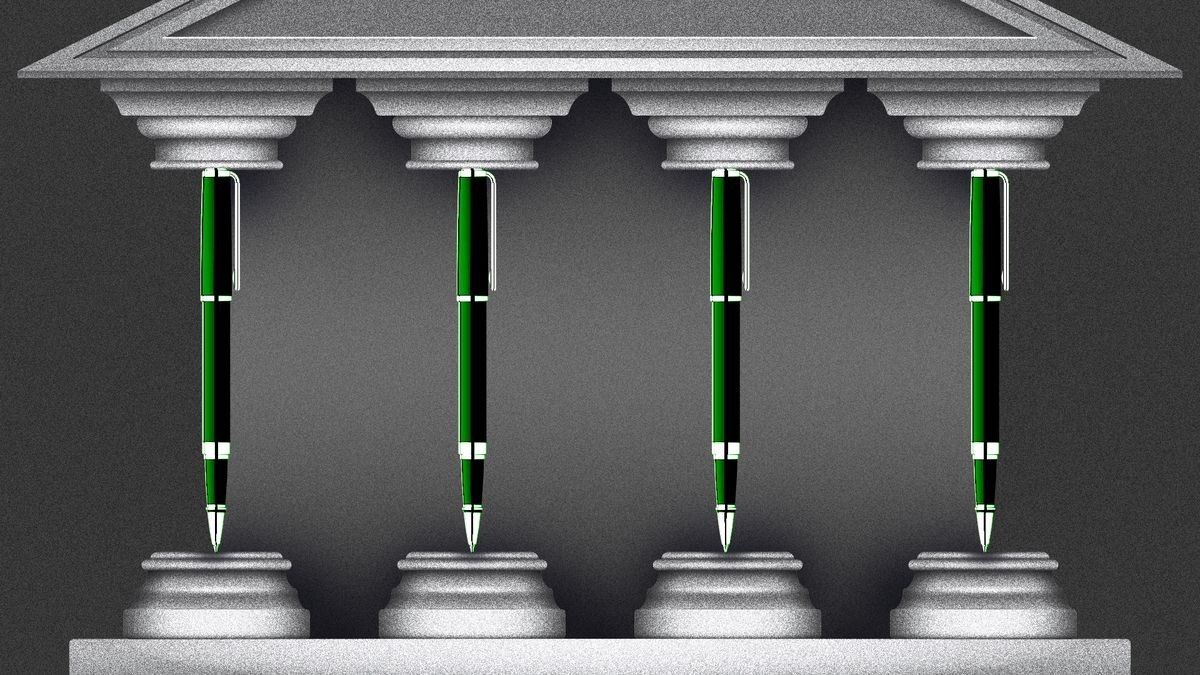Construction, eNews
California law restructures change-order and time-extension claims process

California Governor Gavin Newsom signed SB 440, or the Private Works Change Order Fair Payment Act, into law on October 10. The law, which goes into effect at the start of 2026, introduces a newly structured process of resolving change-order and time-extension claims on private works of improvement.
The law, which passed unanimously in the State Assembly and Senate, was championed by contractor advocacy groups that believed the restructuring of the claims process could reduce litigation and help more companies get paid on time. Contractors are praising SB 440 for the fair and enforceable route to payment for change-order work that it creates.
“SB 440 does not replace existing prompt-payment or dispute-resolution laws under the Civil and Business & Professions Codes,” said Chris Ng, managing partner at Gibbs Giden Locher Turner Senet and Wittbrodt LLP (Westlake Village, CA), per LinkedIn. “Instead, it adds a clear framework for handling change-order claims that were historically slow and costly to resolve by adding a new Civil Code section 8850 entitled ‘Claims and Disputes.’”
Change orders and time extension claims occur often, as unexpected issues can pop up and foil the best-made plans. With SB 440, there is now a clear framework that will help navigate sudden changes in a project without undermining the working relationships.
The law includes several key provisions, according to Ng:
- Contractors and subcontractors must submit a detailed, documented claim for extra work or schedule relief.
- Owners must meet and confer within 30 days of receiving the claim, and identify which portions are disputed and undisputed.
- After that meeting, owners have 10 days to issue a written confirmation, with the failure to do so functioning as disputing the claim.
- Undisputed portions must be paid within 60 days, or else interest accrues at 2% a month.
- Disputed items proceed to non-binding mediation before any litigation or arbitration.
- If owners ignore timelines or refuse mediation, contractors can issue a stop-work notice and suspend work.
The bottom line: Companies should take the rest of the year to review and update contracts and procedures to ensure compliance when SB 440 takes effect on January 1, 2026.





